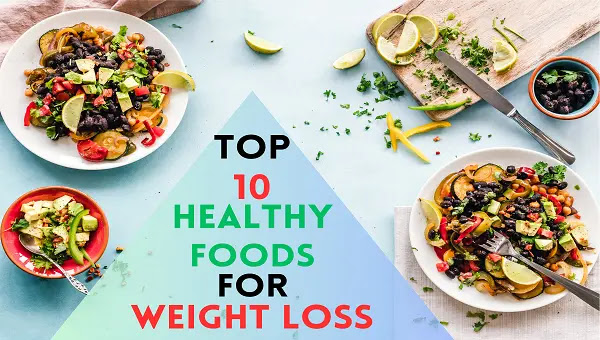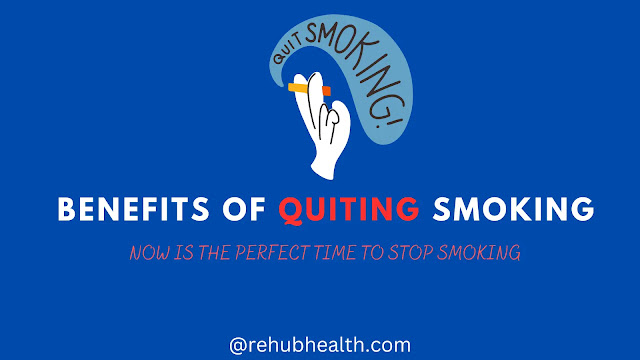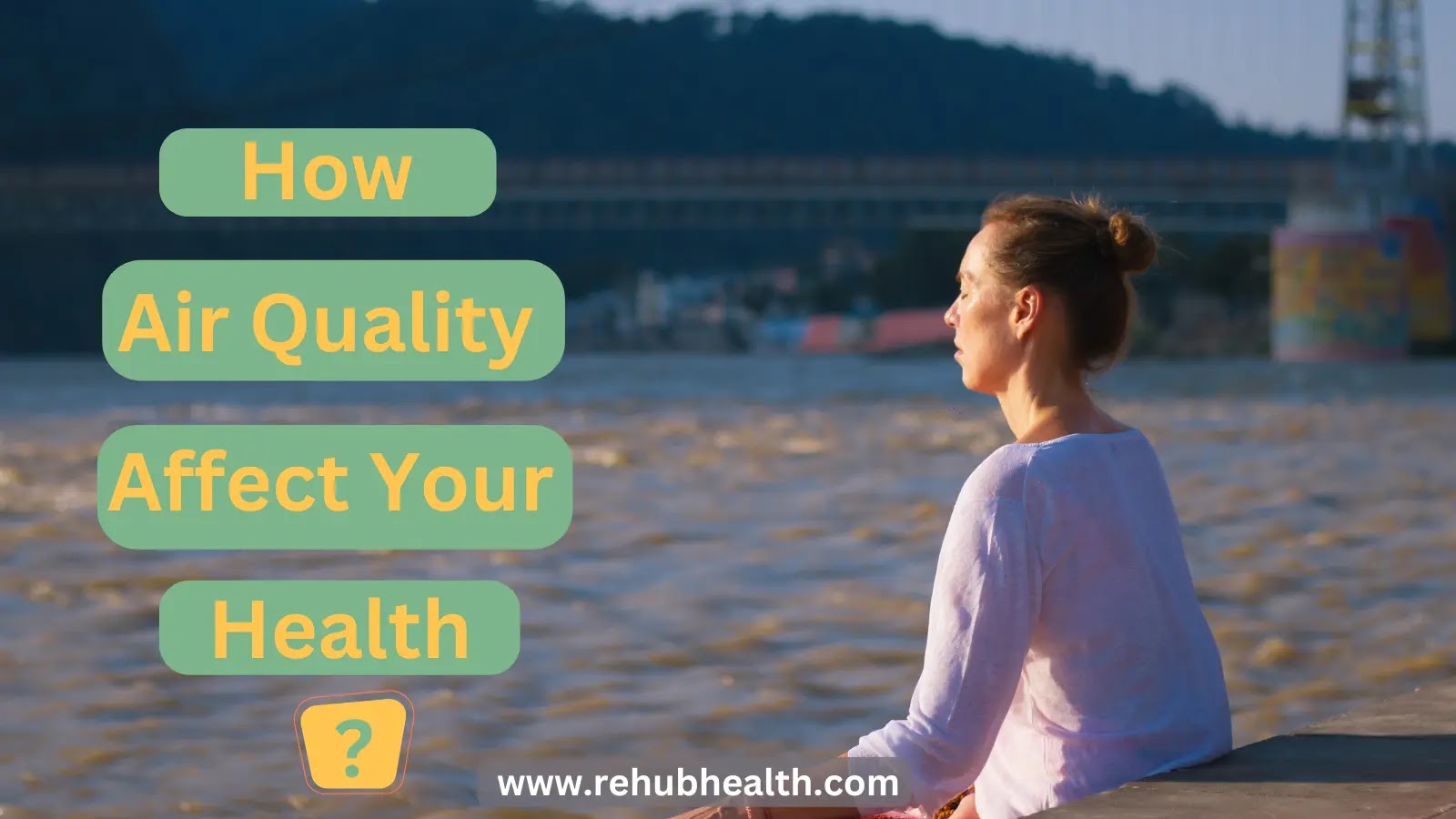Food Poisoning: Causes and Treatments
Have you ever felt nauseous or vomited, and had symptoms of food poisoning? What are its causes? What are the methods of treatment? Here are the details.
Who among us is not attracted by the aroma of delicious food, varied dishes, and rich in delicious food. But does the fun stop here? A few hours were enough to change the scales, feeling nauseous, preceded by sweating, low blood pressure, as well as increased saliva secretion.
Then vomiting occurs by forcibly expelling the contents of the stomach, through the mouth, and sometimes the nose. Was what happened the result of food poisoning that followed eating some spoiled foods?
Food poisoning can occur due to an intolerance to certain foods and an allergic reaction to certain foods. How will you know that you have food poisoning?
According to the Centers for Disease Control and Prevention, the United States of America records approximately 76 million patients annually. The source of the disease is due to the nature of the food eaten, and more than 300,000 patients are hospitalized.
Although food-related illnesses are usually short and easy, they can sometimes be life-threatening.
About 5,000 people in the United States die each year from foodborne illnesses.
It is not always easy to tell if food-related problems are really due to food poisoning. How well do you know about food poisoning?
What is Food Poisoning?
Food poisoning is a non-medical term, said Dr. Jay Solnick, professor of medicine and an infectious disease specialist at the University of California, Davis, School of Medicine.
He pointed out that the bacteria that were present in the food, were the cause of the disease. However, more than 200 types of toxins and organisms can cause food poisoning.
It is natural to distinguish between two types of poisoning, namely:
- Food poisoning is caused by eating food that contains toxins, which are produced by certain bacteria, after contaminating the food and multiplying it.
- The second type is poisoning caused by diseases, which occurs due to eating food contaminated with bacteria.
Foods labeled as "high risk" are what causes food poisoning, said Dr. David Burckhardt, of Indiana University Medical Center in Bloomington.
Where he published a scientific article talking about this topic. In the published article, he noted that "high-risk" foods include dairy products, raw seafood, raw eggs, beef, undercooked meat, and poultry.
Some of these foods are often contaminated, causing food poisoning.
To find out if you have had food poisoning, you must have symptoms as indicators of poisoning.
The symptoms of food poisoning are varied, but they usually include vomiting, diarrhea, and abdominal pain.
The patient may be accompanied by the appearance of fever, but not always, some people sometimes may have a fever, and others do not. However, abdominal pain resulting from poisoning can be mild or severe.
What Causes Nausea and Vomiting?
Dr. Jay Solnick, along with many experts, says that bacteria are sometimes accused of being the cause of food poisoning.
Solnik explained that "A person can have an intolerance to a certain thing." For example, people who are lactose intolerant have difficulty digesting the sugar lactose in milk. Those who are sensitive to gluten, cannot tolerate wheat.
There could be a virus that has infected the stomach or digestive system, causing irritation and inflammation in the stomach and intestines caused by the contamination.
"Food poisoning, and gastrointestinal viral infections, have the same symptoms, so it is difficult to distinguish between the two conditions," says Dr. Jason Dees, a board member of the American Academy of Family Physicians in Mississippi.
How do you know if you have food Poisoning?
"In many cases, it is not possible to ascertain whether you really have food poisoning." That's confirmed by Dr. David Burckhardt, of Indiana University Medical Center in Bloomington.
But doctors tried hard, to find out a way to examine the incidence of food poisoning and to know the first cause of infection.
For example, if you start showing symptoms before you finish eating, and you feel stomach discomfort, it would be a good guess, to assume that you have a bacterial infection, as a result of eating contaminated food.
But if all of the people who ate from the same place suddenly get sick, then this indicates that food poisoning has occurred.
How do you treat yourself to Poisoning?
If you get sick or have diarrhea, after eating light foods, you can treat yourselves on your own, and wait until the symptoms go away, and this is what experts have confirmed.
You can lower your body temperature by taking painkillers.
But if your temperature is high, you should go to the doctor.
You should also avoid dehydration, and drink plenty of fluids. It is also recommended to take frequent sips of water, soup, or juice diluted with water.
You can also buy solutions to prevent dehydration without a prescription. They contain the right mix of sugar, salt, and other nutrients, which the body loses in case of diarrhea or vomiting.
On the other hand, sports drinks should be avoided, as they do not contain a healthy balance of electrolytes.
When Should you go to the Doctor?
You should go to the doctor if you feel severe abdominal pain, or if the vomiting does not stop after eating.
Those at risk of dehydration should see a doctor, including the elderly, children, and people with special health conditions, heart problems, and chronic diseases.
If you suffer from vomiting and diarrhea and feel dizzy while trying to stand, you should see a doctor.
There are other reasons why you should go to the doctor:
- Neurological symptoms, such as numbness.
- If you develop a fever, and your temperature reaches 40 degrees, you cannot reduce the temperature with painkillers.
- Blood in saliva, stool, or vomit that lasts for more than a few days.
- Diarrhea that lasts for three days or more.
Food poisoning is a real public health risk. If you are one of the people who contracted the disease after a trip, a visit to a restaurant or eating grilled food, tell the doctor about this, and it is important to inform the Ministry of Health so that you can examine the restaurant or food suppliers.
Your doctor may ask you for a stool sample, to understand what organisms are responsible for your poisoning.
If you develop a bacterial infection, and your condition is described as serious, your doctor may prescribe antibiotics.




.webp)

